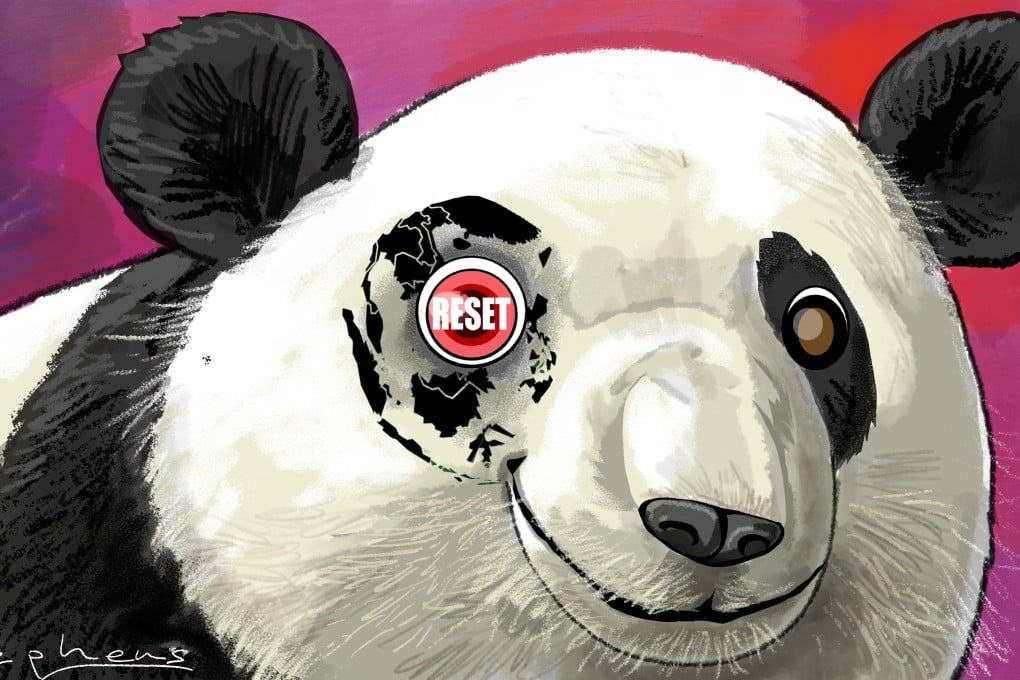Advertisement
Opinion | How China can reset its ‘peripheral diplomacy’ to win over Southeast Asia
- After years of tense relations with key Southeast Asian states such as Vietnam and the Philippines, China’s ‘peripheral diplomacy’ could do with a reset
- Xi Jinping’s consolidated political power, a better approach to South China Sea disputes and improved Chinese projects abroad will help improve relations
Reading Time:4 minutes
Why you can trust SCMP
2

In an important speech before China’s foreign policy elite in 2013, the then recently installed president Xi Jinping encouraged his comrades to “strive to promote regional security cooperation” based on “mutual trust and benefit” with “peripheral countries”. He emphasised the centrality of maintaining stability in China’s neighbourhood and underscored China’s commitment to encourage and participate in the process of regional economic integration.
Thus, Xi launched his “peripheral diplomacy” strategy, with the clear aim of winning over China’s immediate neighbours, especially in Southeast Asia. For the Chinese leader, “peripheral diplomatic work” is indispensable for the creation of a “sound peripheral environment” for China’s long-term development and attainment of the “great rejuvenation of the Chinese nation”.
A decade later, and having secured a historic third term as China’s president, Xi is in position to revamp his peripheral diplomacy and usher in a new era of strategic relations with “peripheral countries”, especially in Southeast Asia. By offering greater policy predictability, recalibrating maritime assertiveness in adjacent waters and tweaking the Belt and Road Initiative, Xi can go a long way in achieving sound and stable relations with China’s neighbours.
No less than Vietnam’s Communist Party chief Nguyen Phu Trong was the first foreign leader to visit Xi following the recently concluded 20th party congress. Trong lauded “Xi’s sincere concern and great contribution to Vietnam-China relations for the benefit of the people of the two countries”.
Xi, in apparent criticism of warming ties between Hanoi and the West, told his counterpart to “never let anyone interfere” and disrupt progress in bilateral relations. Last year, ahead of US Vice-President Kamala Harris’ visit to Hanoi, Vietnamese Prime Minister Pham Minh Chinh said his country wouldn’t side with the West against China.
In a joint statement, the two leaders presented a common front against “complex and unpredictable changes”. The two sides signed 13 major agreements to cement their strategic and economic relations.
Advertisement
